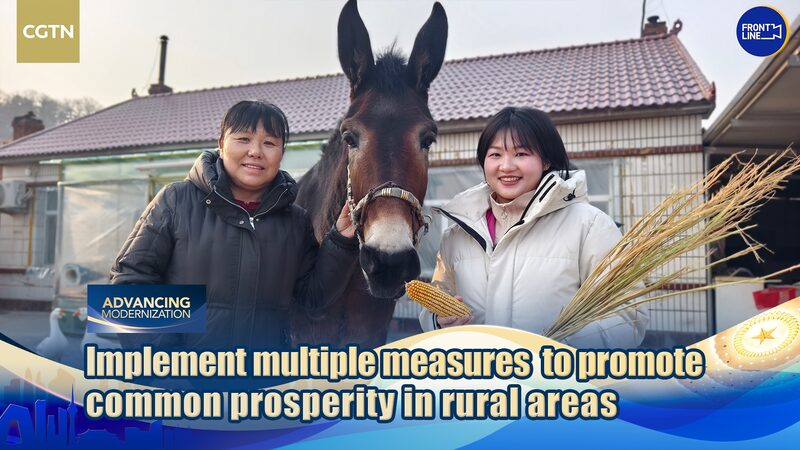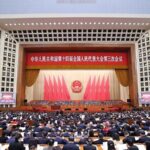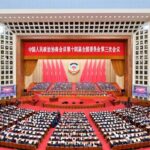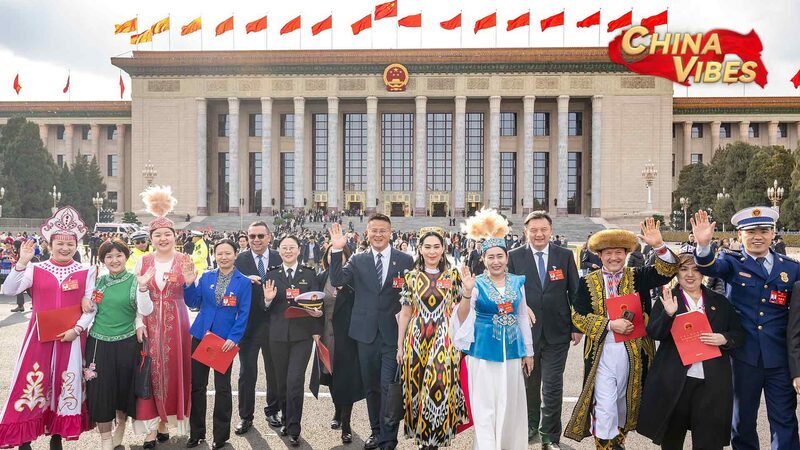Every March, China’s Two Sessions—the annual meetings of top political advisors and legislators—take center stage, transforming complex policymaking into a grassroots-fueled process. But how do the concerns of farmers in remote villages end up influencing national decisions? Let’s dive into the journey of Sheng Xiuling, a National People’s Congress (NPC) deputy from northeast China, who acts as a megaphone for rural voices. 🗣️
Sheng spends months touring villages, collecting stories about crop prices, healthcare gaps, and school funding. “It’s like being a human API,” she laughs, “connecting rural realities to policymakers’ screens.” Her notes become formal proposals submitted during the Two Sessions, where nearly 3,000 deputies like her debate solutions. 📝
Last year, her push for better rural internet access helped launch #DigitalCountryside initiatives, bringing high-speed connectivity to 12 provinces. 🌐 “When our proposals get tagged ‘priority,’” Sheng says, “it feels like my village’s voice echoes in the Great Hall of the People.”
While critics argue the system needs faster feedback loops, many young Chinese applaud its ‘TikTok democracy’ vibe—slow, but steadily responsive. As one farmer put it: “Nobody ignores the people growing the rice.” 🍚✨
Reference(s):
How do rural Chinese village voices reach the central government?
cgtn.com








